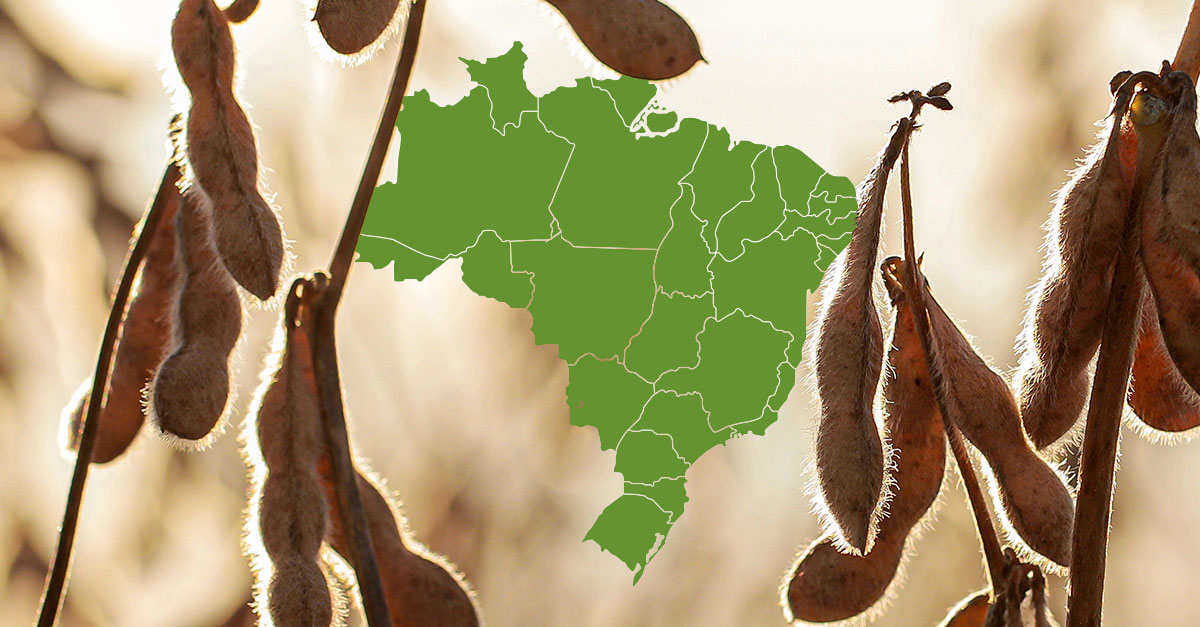An initiative to achieve deforestation-free supply chains from Brazil

Soy Protein Concentrate Brazilian industry announced end of 2020 that they are taking increased responsibility for the entire value chain of soy-production. The Brazilian soy suppliers, CJ Selecta, Caramuru and Cervejaria Petropolis-Imcopa, will implement a 100 percent deforestation and conversion free soybean value chain with 2020 as their cut-off date.
It was the first time that companies in the animal feed industry have set such a voluntary and sector wide benchmark.
The cut-off date of soybeans that are already certified under the ProTerra Standard, abide to the provision that areas of native vegetation cannot be cleared or converted into agricultural areas, or used for industrial or other commercial purposes, after 2008. These companies source soy only from farmers who refrain from clearing forests on their property after the cut-off date of August 2020.
The commitment
The SPC and soymeal exporters CJ Selecta, Caramuru and Cervejaria Petropolis-Imcopa, are committed to stablishing an economical, environmentally sustainable and socially responsible supply chain. The commitment calls for:
• Promote a soy supply chain free from illegal and /or legal deforestation.
• Respect the rights of workers, indigenous peoples and local communities.
• Ensure that sourcing is fully compliant national and local environmental laws and regulations including Forest Code.
The plan to get there
Code of Conduct for soybean suppliers
The companies have developed a Code of conduct, motivating their suppliers to create and maintain a sustainable chain, to encourage good agricultural practices, to assure the protection of high conservation values, environment, and biodiversity, and in the meantime to respect rural workers and communities.
Monitoring based on a socio-environmental analysis
Processors and traders obtain farm-level traceability from all the soy direct sourcing of the company. Before every soy purchase, the trader’s origination team must check if the soy farm is compliant.
In addition, the suppliers are preparing a new sustainability sourcing policy for all their soy, GMO and non-GMO, which includes monitoring farms with satellite geospatial tools, preparing for audits and engaging their soy suppliers.
The corporate system of the industrial processors shall comprise sufficient thorough tabular data about each supplier, such as the CAR (federal environmental registry).
To achieve this commitment risk assessment and additional mapping will be implemented:
- Improving monitoring systems in direct soy purchase in order to achieve 100% of traceability in direct suppliers.
- Start dialogue with indirect suppliers on risk assessment and action plans for the next steps.
In the case of indirect suppliers, complementary information may be gathered through field observations, community-based monitoring and stakeholder engagement. The definition of the level of monitoring for each supplier will be based on an assessment of the suppliers’ social and environmental risk and / or their location.
By implementing this program, the crushers are contributing to increased environmental services, trust and transparency in the industry.